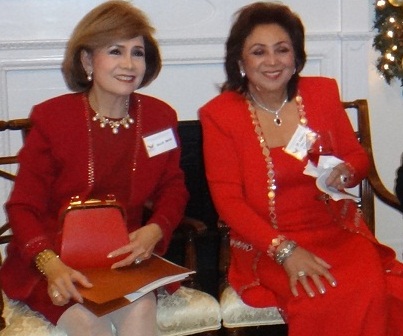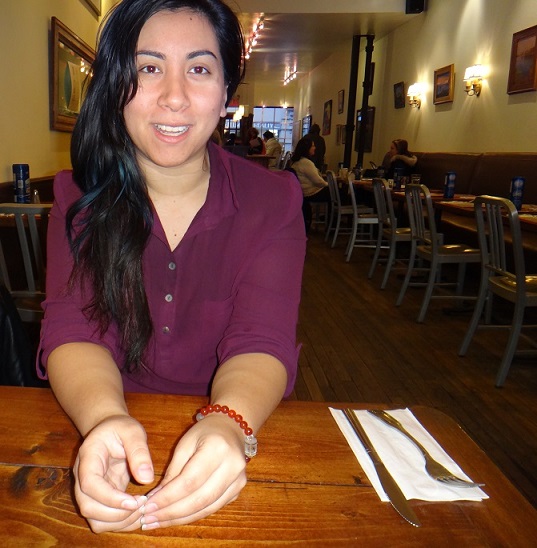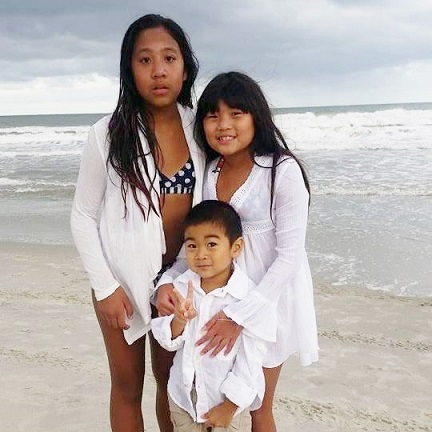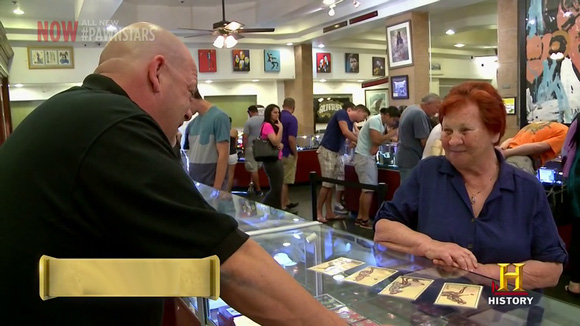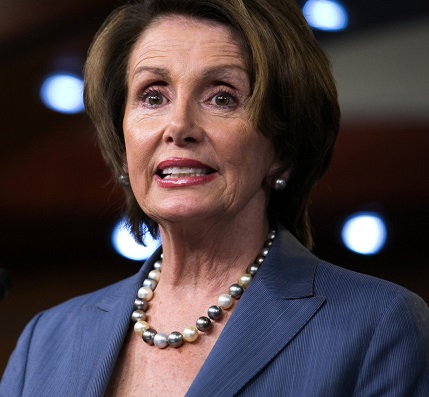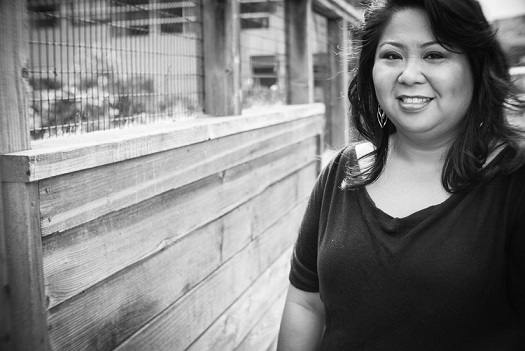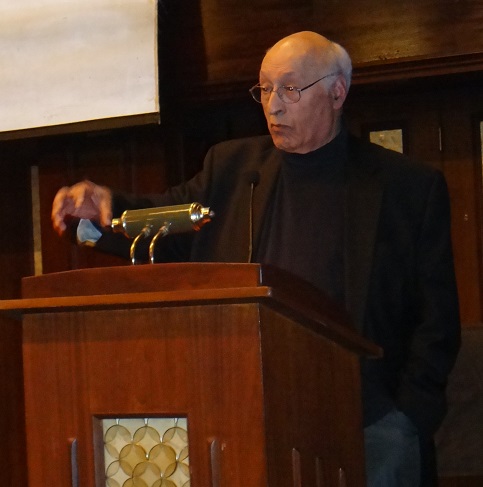How the Philippines bonded with Israel before they became independent countries
By Cristina DC Pastor
Ralph Preiss, a retired IBM computer engineer, was 9 years old when his family joined a thousand other Jewish people who sailed into the Philippines to escape Nazi persecution. It was around 1935 or two years after Adolf Hitler’s henchmen embarked on an anti-Semitic rampage in Germany.
At the time, the Philippines was an American Commonwealth, Manuel L. Quezon was president, and the country was largely unknown to the world except as an island colony of America populated by brown-skinned people.
The Preiss family joined about 1,300 Jews who sought refuge in the Philippines. Their rescue is the subject of a one-hour documentary, “Rescue in the Philippines,” that chronicles how politics, diplomacy and business coalesced around a humanitarian effort to help the predominantly German Jews flee from the terror Nazi regime.
“It all began with playing cards and smoking cigars,” said Marlene Altman of the American Jewish Committee, which organized the October 24 film screening at the Philippine Center.
Over games of poker, President Quezon; Paul McNutt, the U.S. High Commissioner; and cigar manufacturers from Cincinnati the Frieder brothers – who operated a cigar factory in the Philippines — hatched an intricate plan to rescue Jewish families.
The role of the Philippines was critical. No country in the world at the time — not even the United States — wanted to get involved in assisting the Jewish people. The Philippine Congress and members of Quezon’s own Cabinet advised against the rescue plan. Being a colony, the Philippines needed to get approval from America to issue travel papers for the Jewish people.
But the powerful men “united only by their compassion” were undeterred, said Altman. She likewise noted the irony that the men come from three different faiths: Quezon was a Catholic, McNutt was Protestant and the Frieder brothers were Jewish.
And with that, the Philippines, “extended a hand of welcome,” she said.
The hardship did not end after the Jewish people settled in the Philippines. World War II broke out, and the Japanese began its occupation of the Philippines in 1942. The Jewish people found themselves on the run again but this time with Filipinos aiding them.
Ralph Preiss’s family found themselves living in San Pablo City in Laguna when the Japanese overran the Philippines. He was in fourth grade. He stopped schooling during the war. He resumed his education after the Philippines was liberated.
“I went straight to high school,” he said, recounting his coming-of-age in the Philippines before a crowd who attended the documentary screening.
Ralph went to De La Salle for high school and the University of the Philippines for college. He spent only one year at UP after his family decided to live in the U.S. He continued his computer engineering studies at MIT, and later completed graduate studies at the University of Connecticut. He was employed by IBM for many years.
Ralph was somewhat of a pioneer, said Altman. He was part of the team that developed the air traffic control system used in many airports today. He retired from IBM in 1991.
Ralph’s recollection of his time in the Philippines centered around, what else but, poker.
He recalled how some Japanese military officials took to playing poker as well. At the table with some Jewish players, one official alerted them to “get your people out.” The instruction, he said, was for the Japanese to kill all white people.
The Preiss family, with the help of Filipino guerrillas, evacuated to Mount Banahaw while fighting was raging around Manila.
Ralph reflected on Quezon’s role in Jewish history. “All I can say: Manuel L. Quezon was not a dictator,” he said. “He had a big fight on his hands although his advisers, his Cabinet members, the Congress were against it (rescue of Jewish people),” he said.
Quezon donated three hectares of his own property to the Jewish people so they could build a farming community or a ‘kibbutz.’ Unfortunately, he said, that was never completed because of the war.
Out of the 1,300 Jewish refugees who settled in the Philippines, about 85 to 100 died in the war. Some continued to live in the country after they married Filipinos, but many families went back to Germany and Austria. The last time Ralph visited the Philippines was 1965.
There are discussions to introduce Holocaust Studies at De La Salle and St. Scholastica’s, he said. Talks are continuing.
“I am in correspondence with my high school classmates, we exchange emails and pictures,” he said.
The Philippines became an independent republic in 1946. It was the only Asian country that voted in favor of a 1947 UN resolution creating the State of Israel, according to Consul General Mario de Leon Jr. He said the rescue was a “chapter in history largely unknown to Filipinos and Jews.”

